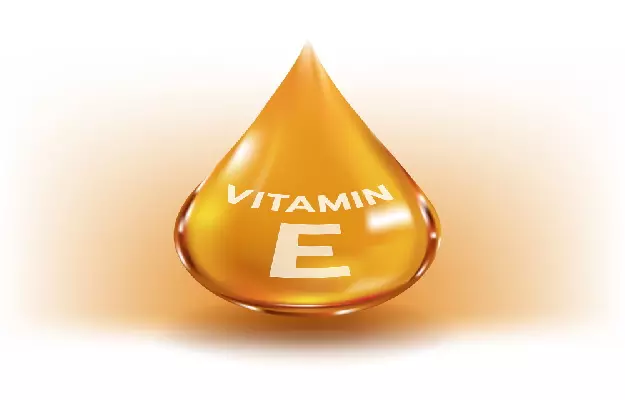Vitamin E is an essential vitamin that plays many important roles in the body. Like other vitamins, taking it in excess amounts can lead to health complications and is known as overdose of vitamin e or Vitamin E toxicity.
Read more -(The Power of Vitamin E: Top Best Vitamin E Capsules)












